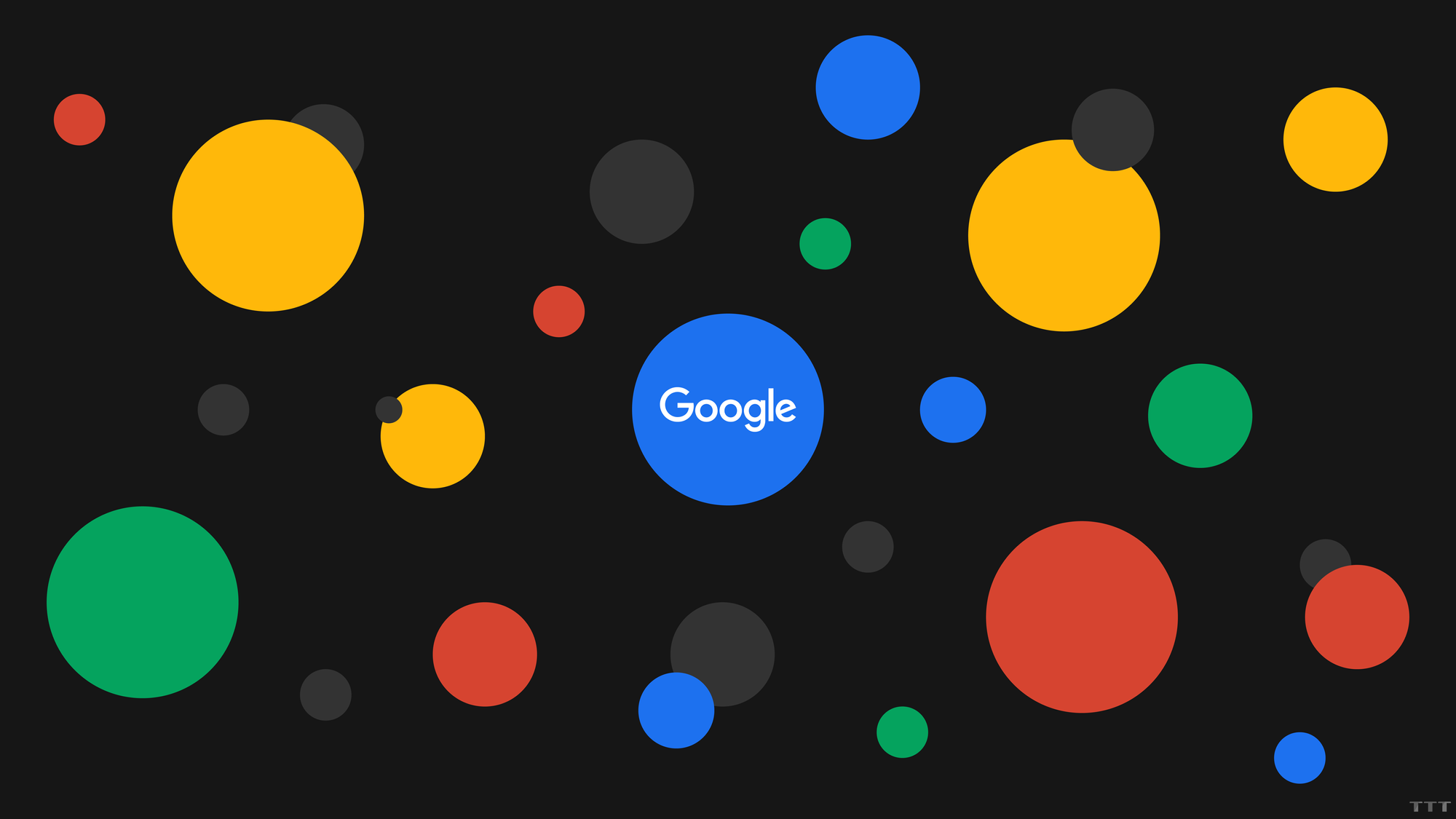Hating On the Cloud - From My New Acer Chromebook

Some of you have interpreted my comments about cloud security, or rather the lack of absolute cloud security, as outright cloudhate so the fact that I picked up a shiny new Chromebook yesterday might come as a surprise. Why would I want to work on a platform where every keystroke and mouse click is theoretically easily discoverable by an omniscient NSA?
It all comes back to that personal assessment of one’s security requirements that I talked about in a previous post. Mine are mostly centered around maintaining the integrity of my accounts. Evading U.S. government intelligence gathering isn’t an expectation or requirement. It’s just not part of the equation in my case. I would like, and expect, to be safeguarded from foreign intelligence services, or hackers, snooping while I use these services though. Remember also that it is important to offset the risk inherent in that trust by carefully considering what data you feed the system in the first place. Complete trust is unwise.
I will be the first to admit that running an international criminal enterprise from a Chromebook would be a colossally bad idea. I don’t expect to see any high profile privacy advocates hauling one around either. Privacy is relative in the cloud and that is something that each user has to weigh against the benefits the model offers. The bottom line is that it is an architecture that does make sense for many applications. Users just have to know what they are getting into and where the true risks lurk.
So, despite the occasional rant, I am not actually insane with cloudhate. In fact, I use cloud services extensively. The key is that compromising most of what I do there would have minimal impact. I’m storing innocuous vacation photos, some experimental and highly noobish python code, class notes, and some writing projects. I choose my service providers carefully and in some cases add a layer of encryption. What we are left with is a level of relative trust that is only possible because what I am entrusting my cloud service providers with isn’t very private or valuable in the first place.
Anyway, back to the Chromebook. I really bought it to run ChrUbuntu Linux (sort of negating the whole cloud thing in the first place) but I’m going to live with Chrome OS for a while to see how it works and what I can do with it. It’s also a very interesting time to be playing with a cloud dependent OS right?
My primary need is mobile web and a decent writing platform. It is in extended writing or notetaking where the Chromebook outperforms my iPad at a fraction of the cost. Writebox, which syncs with Dropbox, is an excellent text editor. Text is another nice app that allows for quick and easy text editing (with syntax highlighting for developers) that can be saved to a USB drive or in local storage. Still, there’s nothing earth shattering about those apps. They didn’t drive my purchase decision. I picked up the Chromebook for the hardware.
The Acer C7 is a pretty slick and capable machine for $199. At three pounds it is a lighter alternative for carrying to classes, meetings, or presentations. It’s perfect for spending 45 minutes writing in a coffee shop, some occasional Netflix action, or monitoring Twitter from the sofa. It’s also pretty snappy for a machine with an Intel 1.1GHz Celeron processor and 2GB of RAM. This recently updated model also has a fast 16GB SSD in place of a traditional hard drive. That doesn’t sound like much but in reality it’s more than adequate for a cloud dependent machine. If it isn’t robust enough for you then both OS and hardware are hackable. This is why the C7 really shines. It’s useful out of the box while also being a great cheap platform for Linux geeks to rip apart and rebuild. Eventually, I will do just that. Until then, I will see you in the cloud.
